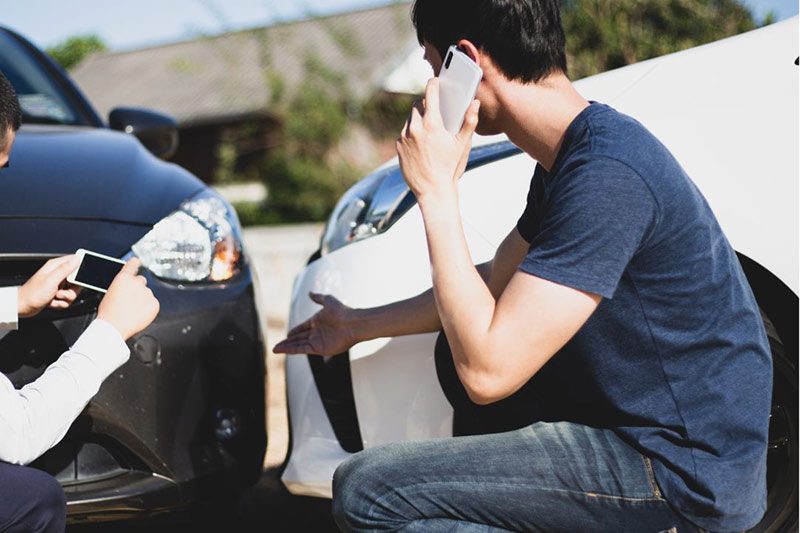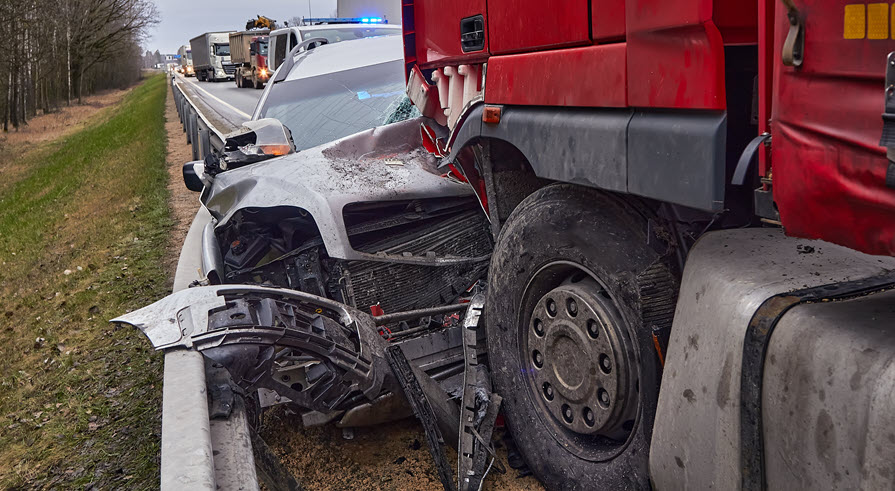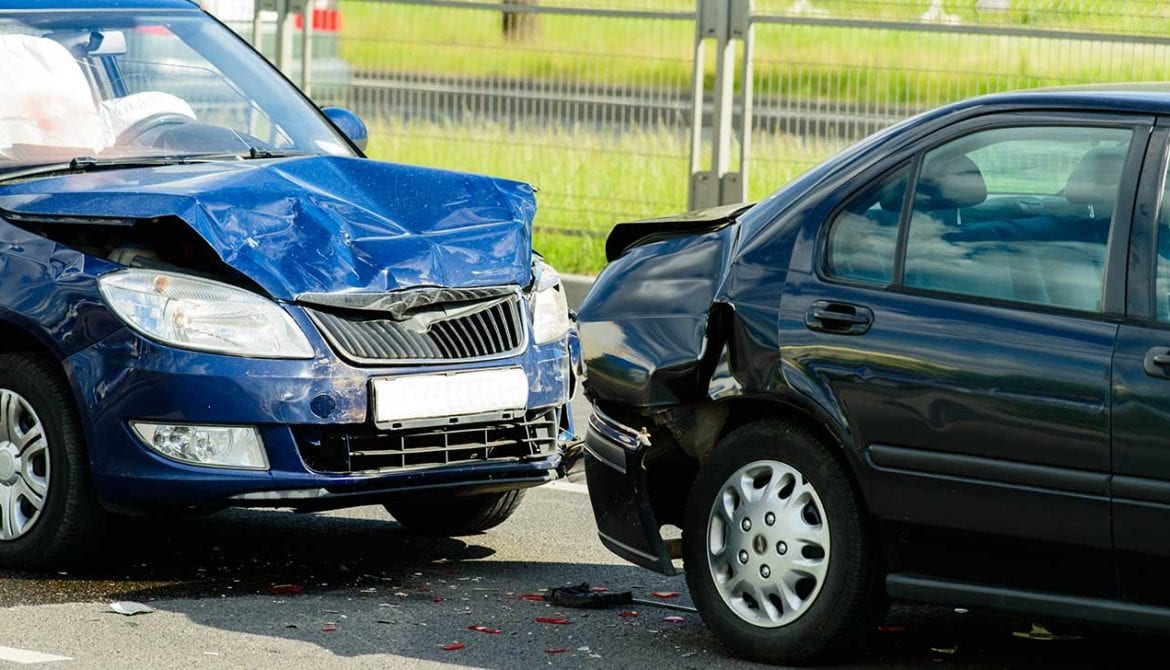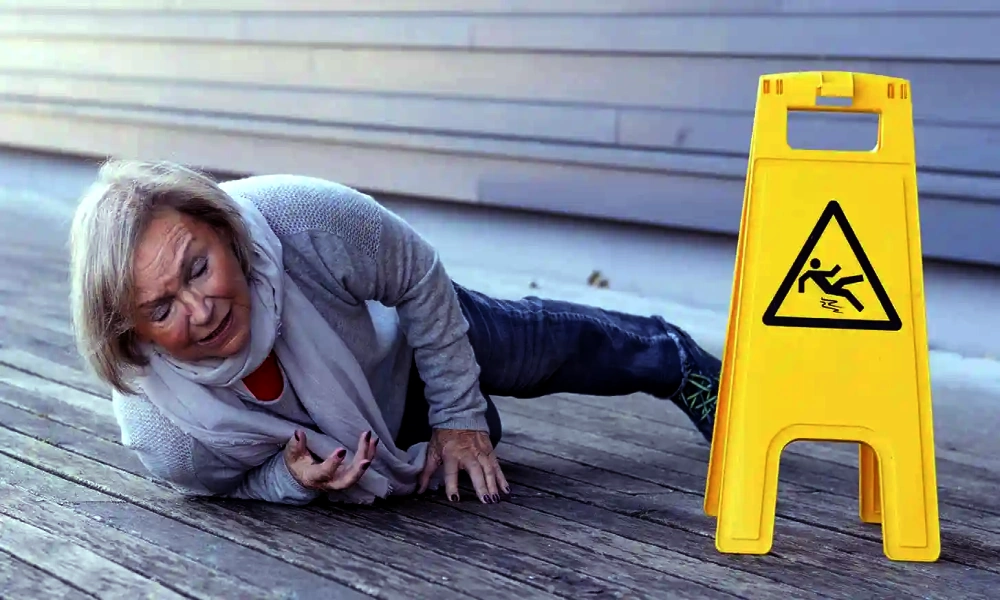It’s a scenario that plays out every day on American roads: a minor fender bender. You exchange information, your car has a few scratches, and you feel a bit shaken but otherwise fine. The immediate thought is often, “It’s just a minor accident; I can handle this myself.” You might question, “Do I really need a personal injury lawyer after a minor accident?” While it seems like an unnecessary expense, especially when damage appears minimal, this assumption can be a costly mistake.
The truth is, the aftermath of even a small collision can be surprisingly complex. Insurance companies, despite their friendly commercials, are businesses focused on minimizing payouts. What seems like a simple claim can quickly become a maze of paperwork, recorded statements, and lowball settlement offers. More importantly, some serious injuries don’t show symptoms for days or even weeks. By the time you realize you’re hurt, you may have already accepted a settlement that doesn’t cover your medical bills or lost wages. This guide will explore the hidden risks of “minor” accidents and clarify when calling an attorney is your smartest move.
What Really Qualifies as a “Minor” Accident?
The term “minor accident” can be misleading. From an insurance perspective, it typically refers to a collision with minor property damage and no apparent serious injuries. However, this definition is dangerously simplistic.
- Visible vs. Hidden Damage: A small dent in a bumper can hide significant frame damage underneath, leading to thousands of dollars in repairs.
- The Adrenaline Factor: Immediately after a crash, your body is flooded with adrenaline, which can mask pain. According to the Mayo Clinic, symptoms of common car accident injuries like whiplash—neck pain, stiffness, and headaches—can be delayed.
- Subjectivity: Your idea of “minor” and an insurance adjuster’s idea of “minor” are often worlds apart. They may use your own downplaying of the incident against you to justify a smaller settlement.
Deciding you don’t need legal help based on the initial appearance of the scene is a gamble. The full extent of your damages—both to your vehicle and your health—may not be clear for some time.
The Hidden Dangers of Seemingly Minor Injuries
One of the most compelling reasons to ask, “Do I really need a personal injury lawyer after a minor accident?” is the potential for latent injuries. Soft tissue injuries, traumatic brain injuries (TBIs), and internal damage don’t always present with immediate, dramatic symptoms.
Why You Shouldn’t Ignore “Minor” Pain
Consider whiplash, one of the most common injuries from rear-end collisions. Symptoms can take 24 hours or more to appear and can include:
- Neck pain and stiffness
- Worsening of pain with neck movement
- Headaches, often starting at the base of the skull
- Tingling or numbness in the arms
- Fatigue and dizziness
What feels like simple soreness the day after the crash could evolve into a chronic condition requiring physical therapy, medication, and time off work. If you settle with the insurance company before the full scope of your injury is known, you’ll be left to pay for that ongoing care out of your own pocket. A personal injury lawyer ensures your claim remains open until you’ve been thoroughly evaluated by a medical professional and your long-term prognosis is clear.
Navigating the Insurance Company Minefield
After an accident, the other driver’s insurance adjuster will likely contact you quickly. They may seem friendly and helpful, but it’s crucial to remember their primary loyalty is to their employer’s bottom line, not to you. Their goal is to close your claim as quickly and cheaply as possible.
Common Tactics Used by Insurance Adjusters
- Requesting a Recorded Statement: They may ask you to provide a recorded account of the accident. This is a tool used to find inconsistencies in your story or get you to say something that minimizes their liability, such as “I’m fine.” The American Bar Association advises against giving a recorded statement without first consulting an attorney.
- Offering a Quick, Lowball Settlement: Adjusters know you have bills to pay. They might offer a quick check, hoping you’ll accept it before you realize the true cost of your damages. This offer almost never accounts for future medical needs or lost wages.
- Disputing Medical Treatment: They may question the necessity of the medical care you receive, arguing that your injuries aren’t as severe as your doctor claims or that they weren’t caused by the accident.
An experienced personal injury lawyer acts as a powerful buffer between you and the insurance company. They handle all communications, protect you from these tactics, and use their expertise to negotiate a settlement that fairly compensates you for all your losses.
When You Might Not Need a Lawyer
While it’s always wise to be cautious, there are some very limited circumstances where you might be able to handle a claim on your own. This typically applies only if all of the following conditions are met:
- There were absolutely no injuries to you or any passengers.
- The other driver has clearly and unequivocally admitted fault.
- The only damage was very minor property damage to your vehicle.
- The settlement offer from the insurance company is sufficient to cover all your repair costs and a rental car.
Even in these cases, a free consultation with an attorney can provide peace of mind and confirm that you aren’t overlooking any potential issues. Most personal injury lawyers work on a contingency fee basis, meaning they only get paid if you win your case, so there’s no financial risk in seeking initial advice.
The Value a Lawyer Brings to a “Minor” Accident Claim
So, let’s circle back to the central question: Do I really need a personal injury lawyer after a minor accident? Even if you think your case is straightforward, an attorney brings invaluable resources and knowledge to the table.
- Accurate Damage Assessment: Lawyers work with medical and financial experts to calculate the full value of your claim. This goes beyond immediate medical bills to include future treatment, lost earning capacity, and pain and suffering—damages you might not know how to quantify.
- Leveling the Playing Field: Insurance companies have teams of lawyers and adjusters. A personal injury attorney levels that playing field, showing the insurer you are serious about receiving fair compensation. Research from the Insurance Research Council has shown that, on average, personal injury claimants who hire a lawyer receive significantly larger settlements than those who do not.
- Peace of Mind: Dealing with the aftermath of an accident is stressful. Hiring a lawyer allows you to focus on your physical and emotional recovery while a professional handles the legal complexities.
Conclusion: Don’t Risk Your Future, Get a Professional Opinion
While the desire to quickly move on from a minor accident is understandable, making hasty decisions can have long-lasting financial and physical consequences. The answer to “Do I really need a personal injury lawyer after a minor accident?” is often a resounding yes. The risks of hidden injuries and the complexities of dealing with insurance companies mean that what looks simple on the surface rarely is.
Protect yourself, your health, and your financial stability. Before you speak to an insurance adjuster or accept any settlement, take advantage of a free consultation with a qualified personal injury lawyer. It costs you nothing to learn about your rights and can make all the difference in securing the compensation you truly deserve.
Sources
- American Bar Association. (n.d.). “Tips on How to Handle a Car Accident Claim.”
- Insurance Information Institute. (2023). “What to Do at the Scene of an Accident.”
- Mayo Clinic. (2022). “Whiplash – Symptoms and Causes.”
- Insurance Research Council. (2014). “Auto Injuries: Claiming Behavior and Its Impact on Insurance Costs.“




